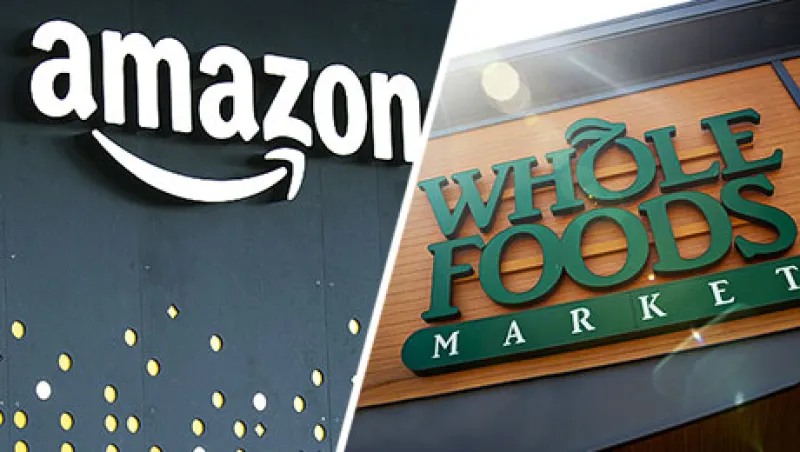
Scramble for Assets Grows Among Flush PE Firms
Huge stores of dry powder and fewer available targets has made acquiring assets difficult—and more expensive—for buyout firms.
Alicia McElhaney
July 12, 2017



